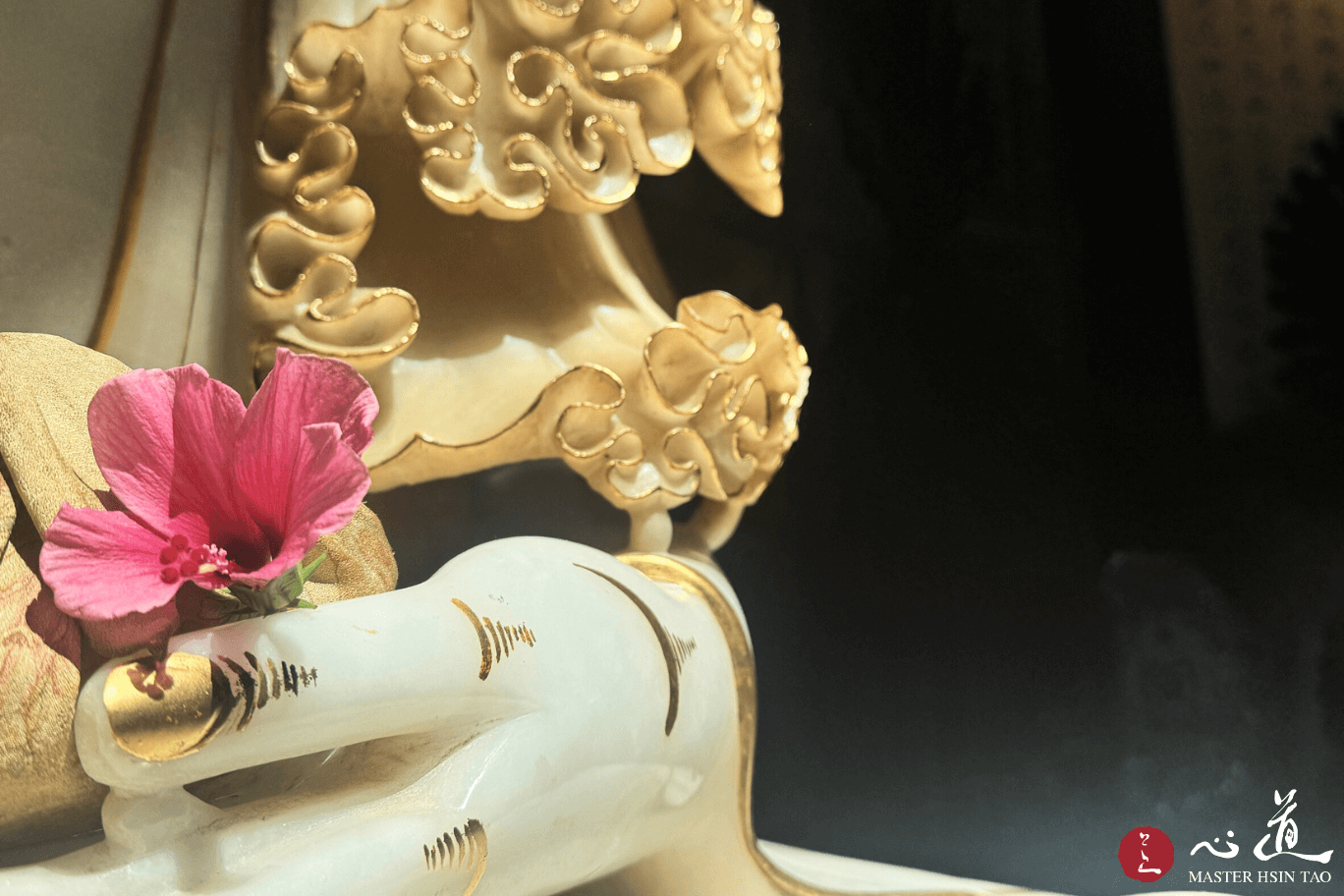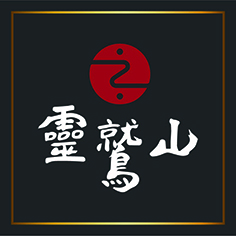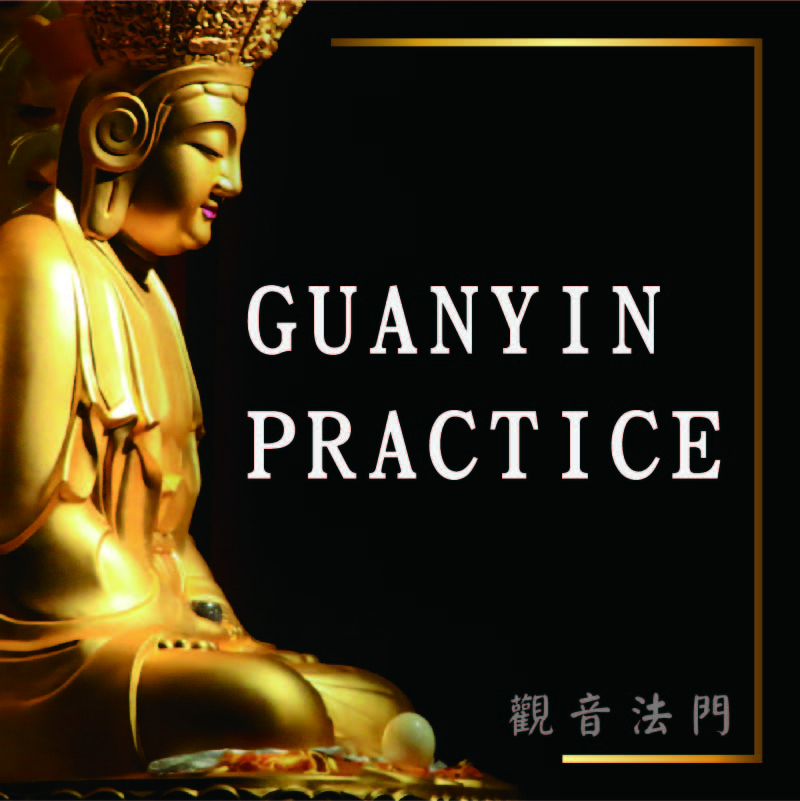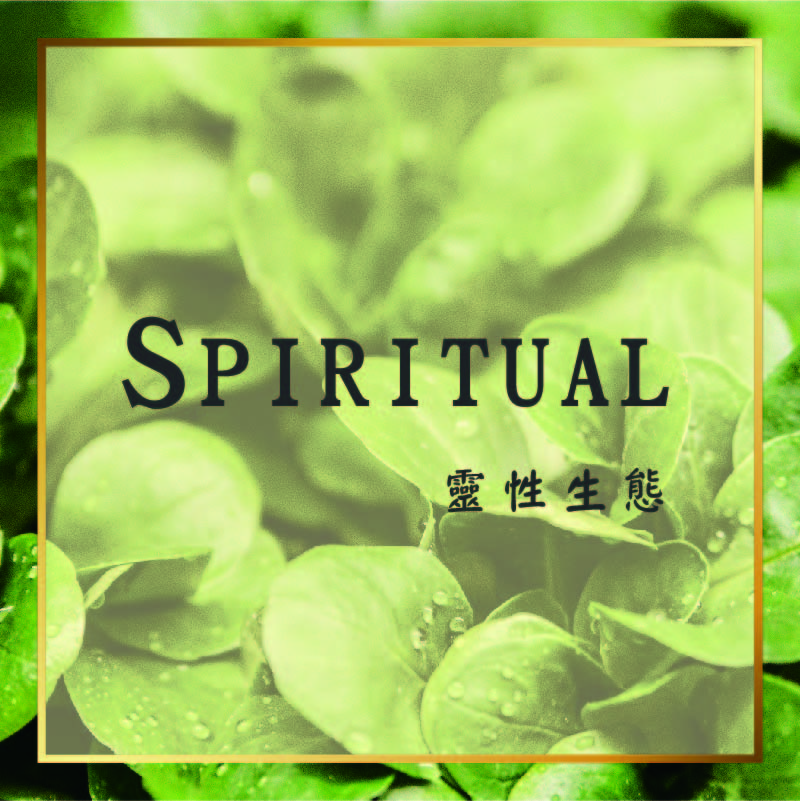
The Root of Suffering
 All the suffering we experience in life has been accumulated over countless lifetimes. Each individual’s karma and mental imprints differ—some have the habitual tendencies of drinking alcohol, stealing, and others. Thus, even someone born into a wealthy household may still feel compelled to steal, or may have a strong inclination toward drinking. These tendencies arise from our karma or karmic memories carried from past lives, and they are extremely difficult to change.
All the suffering we experience in life has been accumulated over countless lifetimes. Each individual’s karma and mental imprints differ—some have the habitual tendencies of drinking alcohol, stealing, and others. Thus, even someone born into a wealthy household may still feel compelled to steal, or may have a strong inclination toward drinking. These tendencies arise from our karma or karmic memories carried from past lives, and they are extremely difficult to change.
Suffering originates from wrong views and distorted ways of thinking. Every individual inhabits their own sphere of life, yet most people are conditioned and defiled by external circumstances such as fear, conflict, and pursuit of fame and gain. Unaware of the true state of existence—so fraught and chaotic—they fail to recognize that life itself has become pitiable and confused. Having long grown accustomed to such adverse and turbulent conditions, we no longer perceive suffering as suffering. Instead, we cling tightly to various conceptions and desires, becoming bound by our own attachments. Lacking contemplative training and clear awareness, we do not discern the illusory nature of the many changes in life, and we mistakenly grasp at external circumstances as though the fleeting and illusory pleasures they bring were permanent. In doing so, we overlook the endless pain, trauma, and loss that attachment entails. Consequently, we continue to revolve within a vicious cycle of impermanence, illusion, and suffering, unable to free ourselves, allowing suffering to consume our lives.
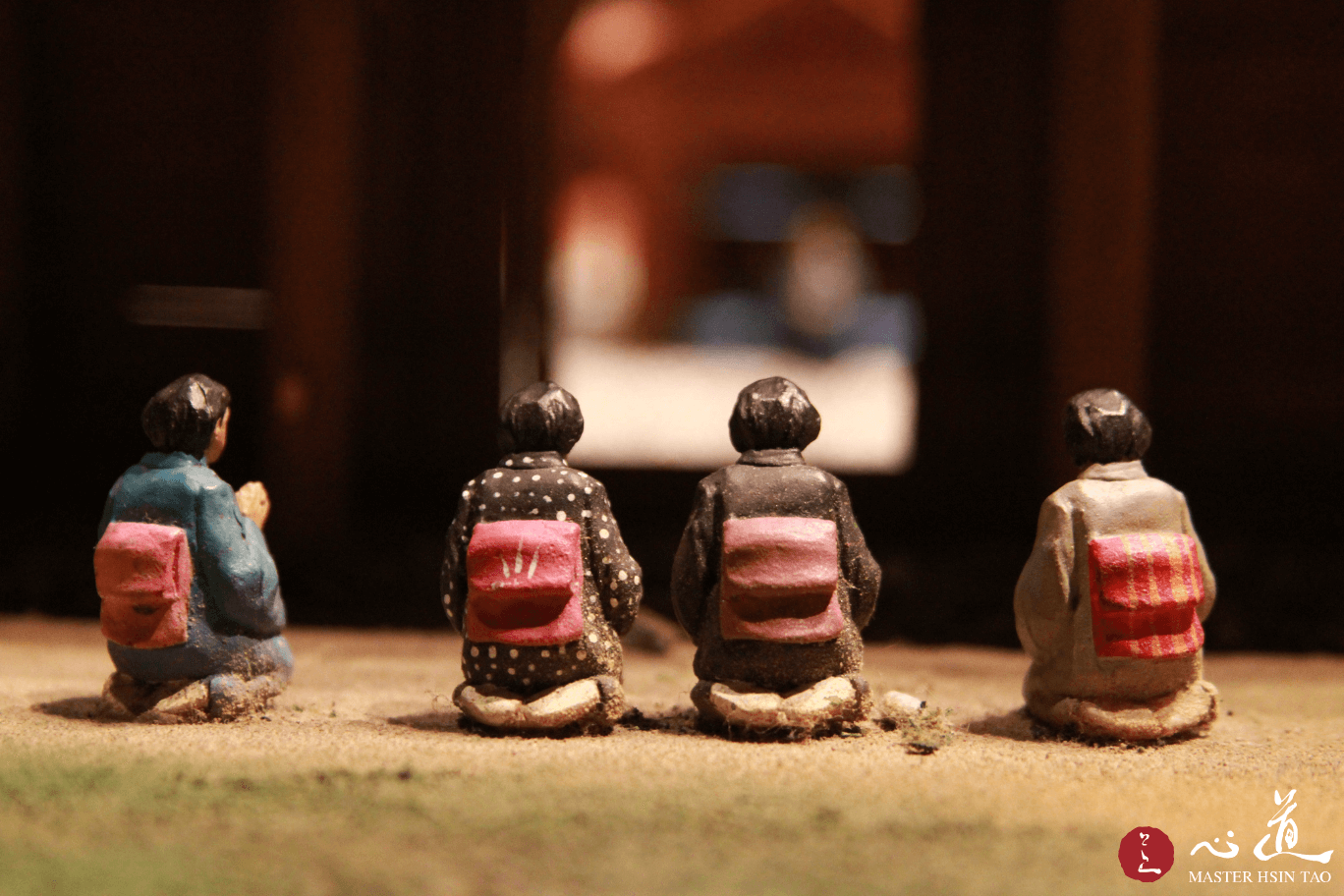 The three poisons of greed, aversion, and ignorance are the fundamental roots of suffering. Greed gives rise to avarice and miserliness, leading to grasping and encroachment, which in turn damage interpersonal relationships and sow resentment, accumulating negative karmic imprints between beings. Hatred generates opposition and destructive behavior, bringing about conflict and harm among individuals. Ignorance gives rise to delusion and confusion, a failure to discern the nature of phenomena, which easily leads to delusion and attachment, creating oppositions and obstacles. In this way, we remain trapped within samsara, unaware of how to escape. All of this stems from ignorance of the workings of karma and the cycle of cause and effect.
The three poisons of greed, aversion, and ignorance are the fundamental roots of suffering. Greed gives rise to avarice and miserliness, leading to grasping and encroachment, which in turn damage interpersonal relationships and sow resentment, accumulating negative karmic imprints between beings. Hatred generates opposition and destructive behavior, bringing about conflict and harm among individuals. Ignorance gives rise to delusion and confusion, a failure to discern the nature of phenomena, which easily leads to delusion and attachment, creating oppositions and obstacles. In this way, we remain trapped within samsara, unaware of how to escape. All of this stems from ignorance of the workings of karma and the cycle of cause and effect.
Without studying the Buddhadharma or learning the path of liberation, we would have no means to resolve our suffering. It is like a great wheel that turns endlessly, within which we undergo birth and death again and again, ceaselessly revolving in samsara—yet the nature of life itself remains unchanged. Just as ocean waves strike upon the shore, transforming from waves into water and from water back into waves, the cycle continues without end; yet the sea itself remains the sea, unaltered by the arising and ceasing of the waves.


